Our Favorite Conservation Photos of 2023
Join us in celebrating the most amazing sights from around the world by checking out these fantastic conservation photos!
Our new online shop is live!
Published on
January 4, 2015
Written by
Alex Wegmann
Photo credit
Alex Wegmann
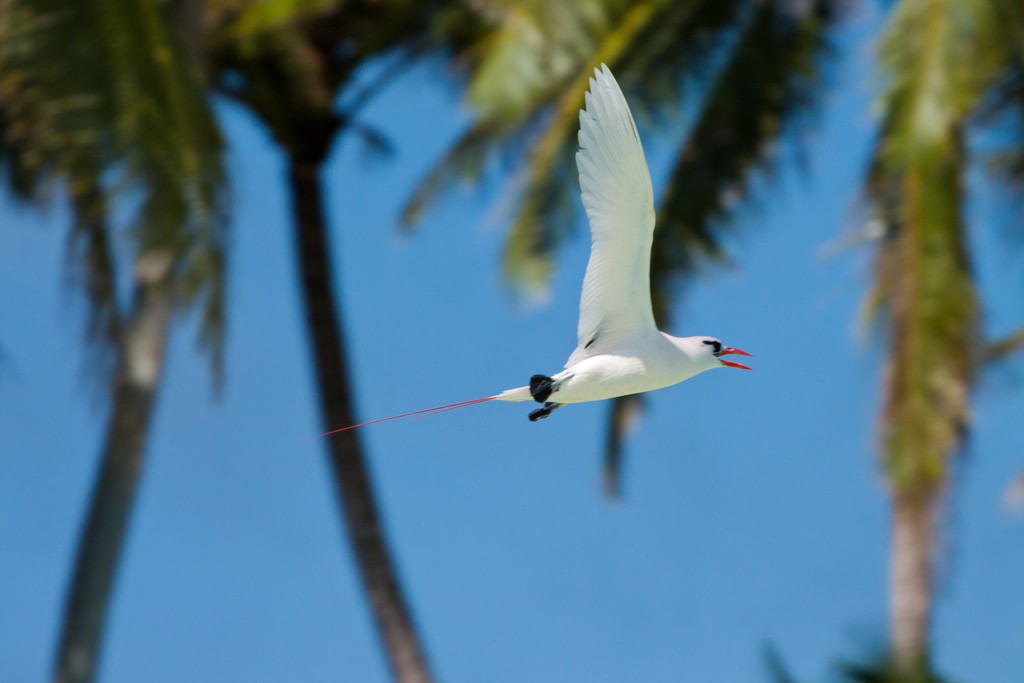
Palmyra Atoll—comprised of approximately 618 acres of emergent lands—is located about 1,000 miles southwest of Hawai‘i in the Central Pacific Ocean and is part of the Line Islands archipelago. Palmyra Atoll National Wildlife Refuge, established in 2001, includes approximately 446 acres of emergent land and 503,963 acres of submerged lands, reefs, and waters out to twelve nautical miles from shore. The Pacific Remote Islands Marine National Monument, created in January 2009, includes the refuge and also extends protection out fifty nautical miles from shore.
Palmyra Atoll has one of the best remaining examples of a tropical coastal strand forest found in the Pacific and one of the last predator-dominated marine ecosystems in the world. Many nationally and internationally threatened, endangered, and depleted species thrive at Palmyra Atoll, including sea turtles, pearl oysters, giant clams, reef sharks, coconut crabs, a large diversity of fish (at least 418 species), and marine mammals. Palmyra supports ten nesting seabird species, including one of the largest Red-footed Booby colonies in the world, and the largest Black Noddy colony in the Central Pacific.
Check out other journal entries we think you might be interested in.

Join us in celebrating the most amazing sights from around the world by checking out these fantastic conservation photos!
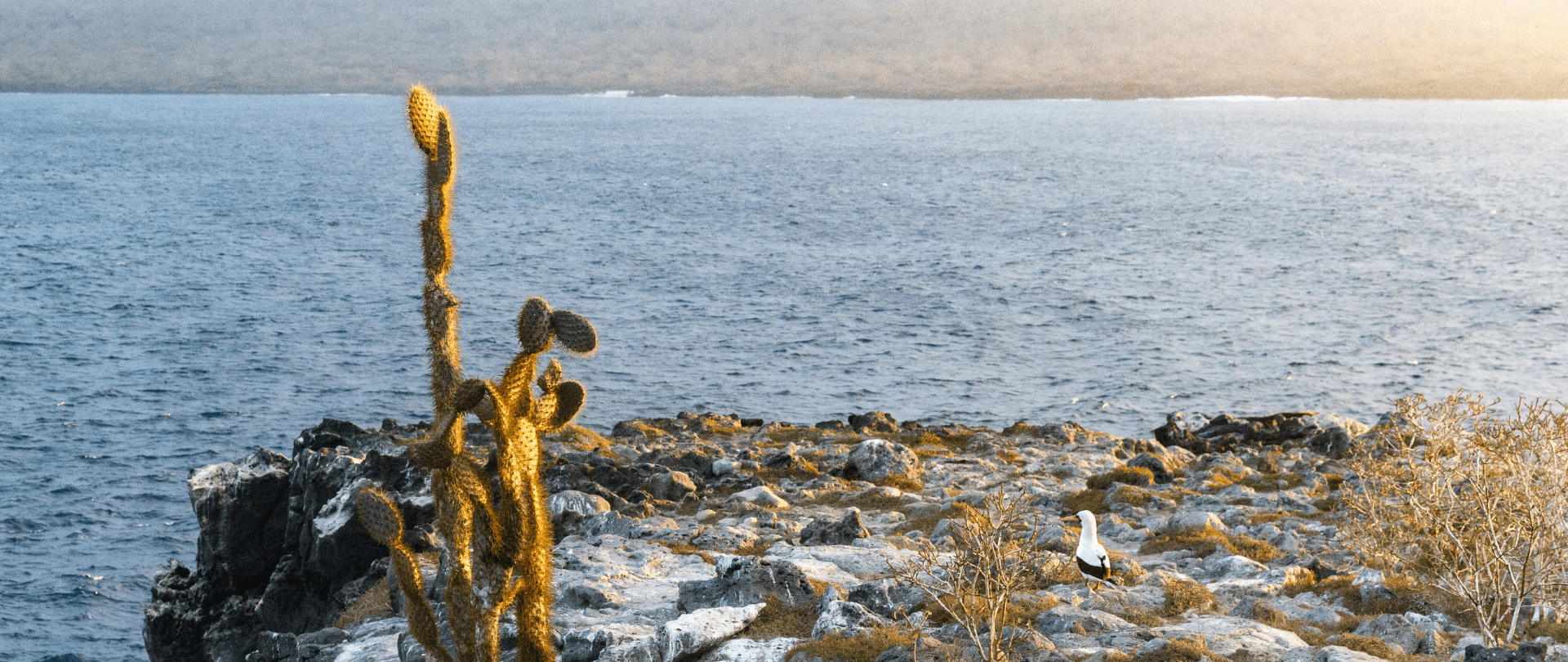
Carolina Torres describes how the project to restore and rewild Floreana Island signals hope for a future where people and nature can thrive together in the Galápagos.

SANTA CRUZ ISLAND, GALÁPAGOS – Darwin, a golden Labrador retriever, was rescued after he was unable to complete a service dog training program and black Labrador Neville was saved from a shelter. Now both dogs are paying it forward and…
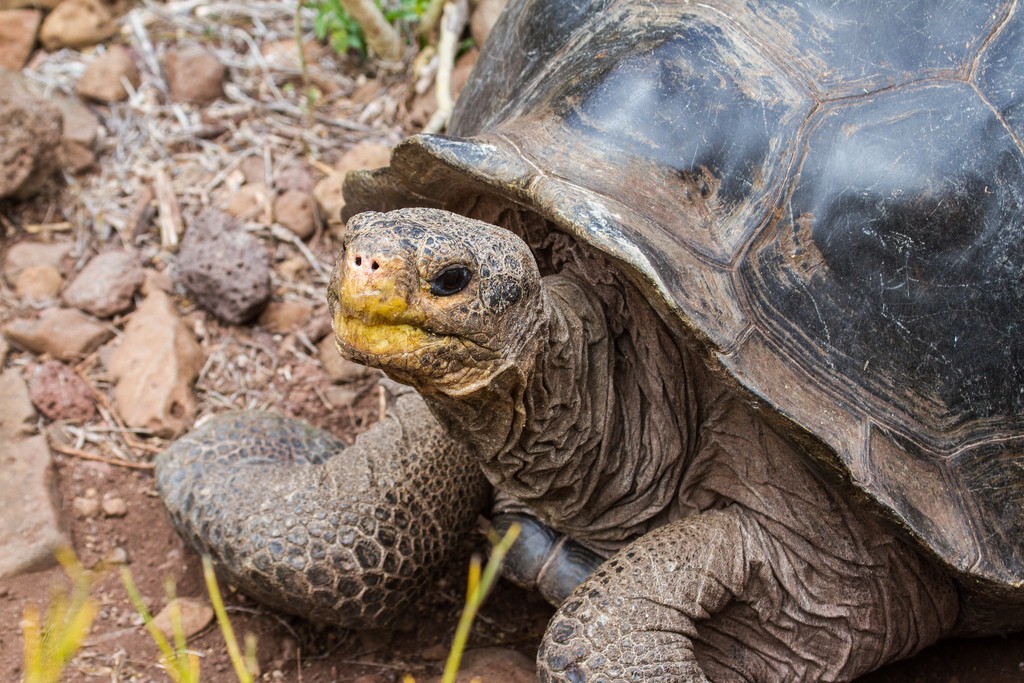
Pinzón Island (also called Duncan Island) is approximately 4,500 acres (1,800 ha), with a maximum altitude of 1,503 feet (458 m), and marks the geographical center of the Galápagos Archipelago. Plaza Sur Island is small (30 acres/12 ha) but biologically significant.…

Choros Island is one of the three islands that make up the Humboldt Penguin National Reserve, situated 600 km (372.8 miles) north of Santiago, Chile. The reserve is managed and protected by CONAF. Choros Island covers 301 ha. The vegetation on…
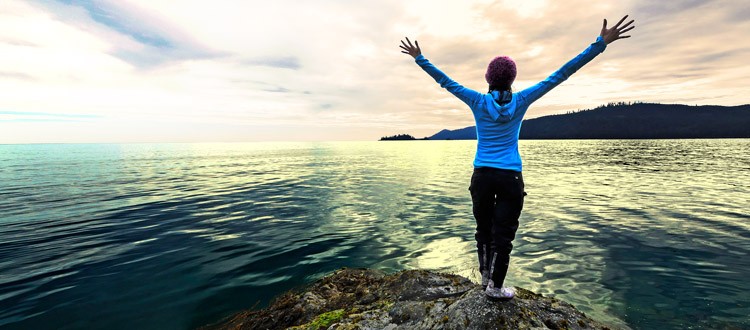
According to traditional knowledge, the Ancient Murrelet (SGin Xaana or night bird in the Haida language) was once abundant on Arichika Island in Haida Gwaii, British Columbia and served as an important seasonal food source for the Haida people. However, introduced invasive…
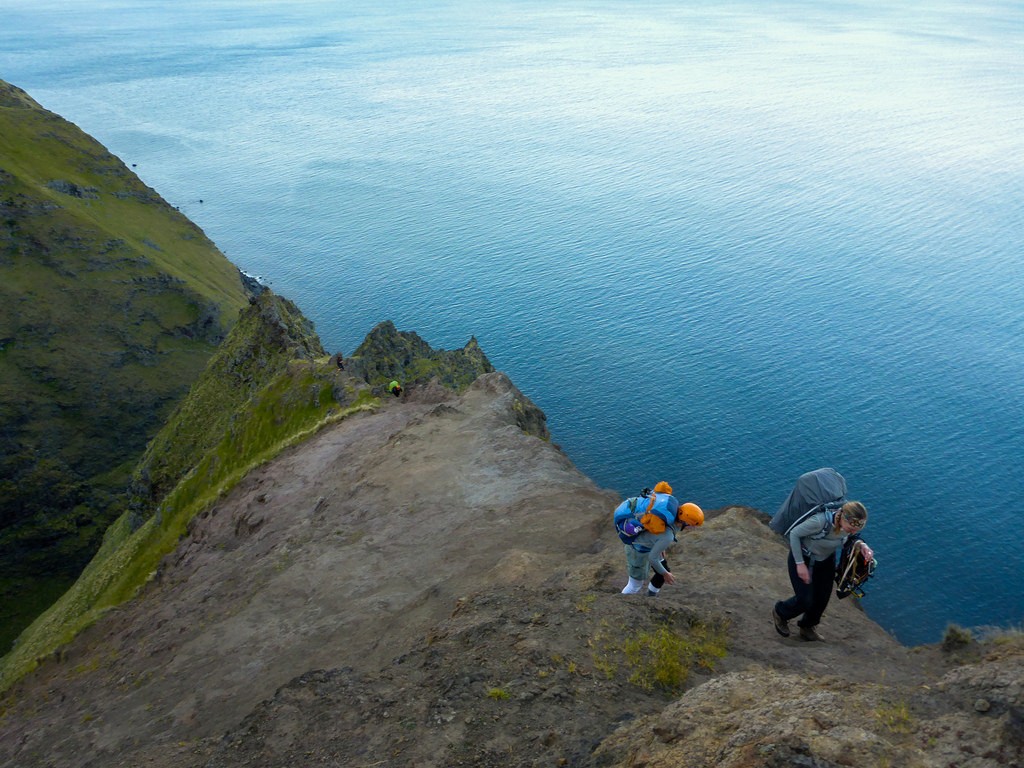
Isla Alejandro Selkirk—named after the infamous 18th Century castaway—lies 875 kilometers from the Chilean city of Valparaíso. The island is one of three islands in the Juan Fernández Archipelago, a cluster of islands which is 61 times richer in endemic…
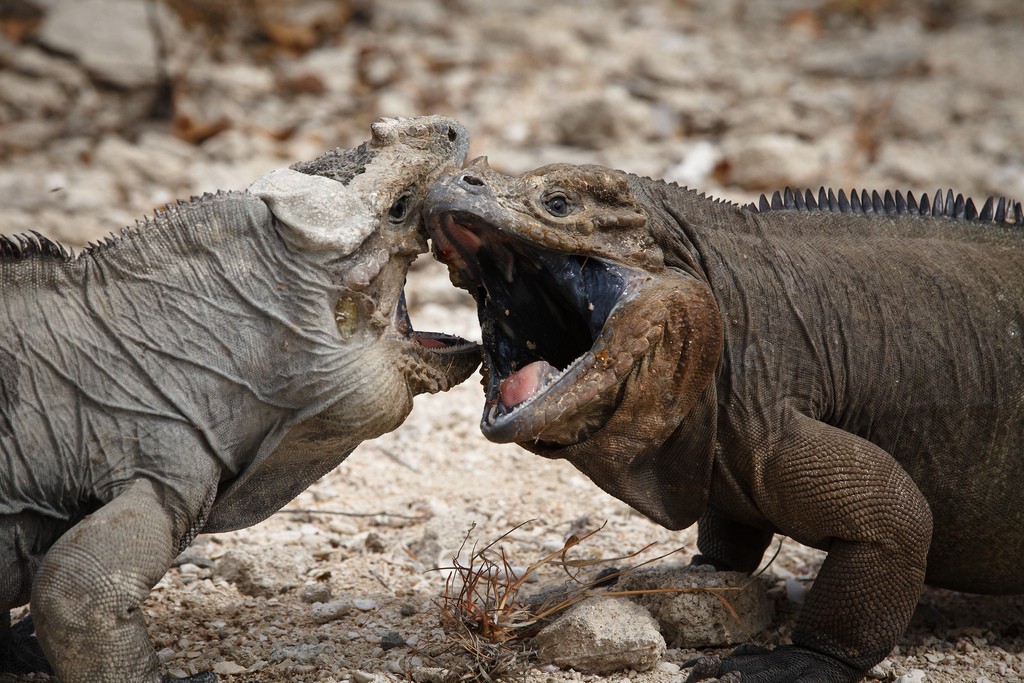
Cabritos Island is a 1,593 hectare island located within Lago Enriquillo, a saltwater lake forty-four meters below sea level in the western Dominican Republic. The lake is the lowest point in the Caribbean and the largest lake in the insular Caribbean.…
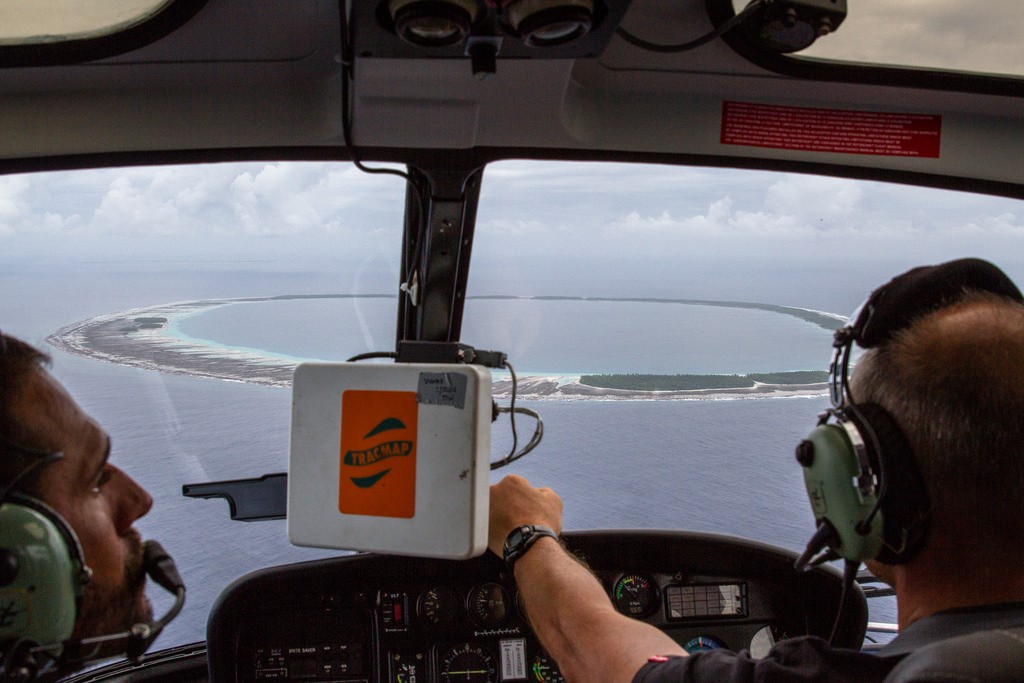
The Acteon and Gambier Archipelagos are located in the middle of the Pacific Ocean, more than 1,500 km (~932 miles) from Tahiti. French Polynesia comprises 125 islands and atolls spread over 5,030,000 square kilometers of Pacific Ocean. These vast archipelagos have among the…